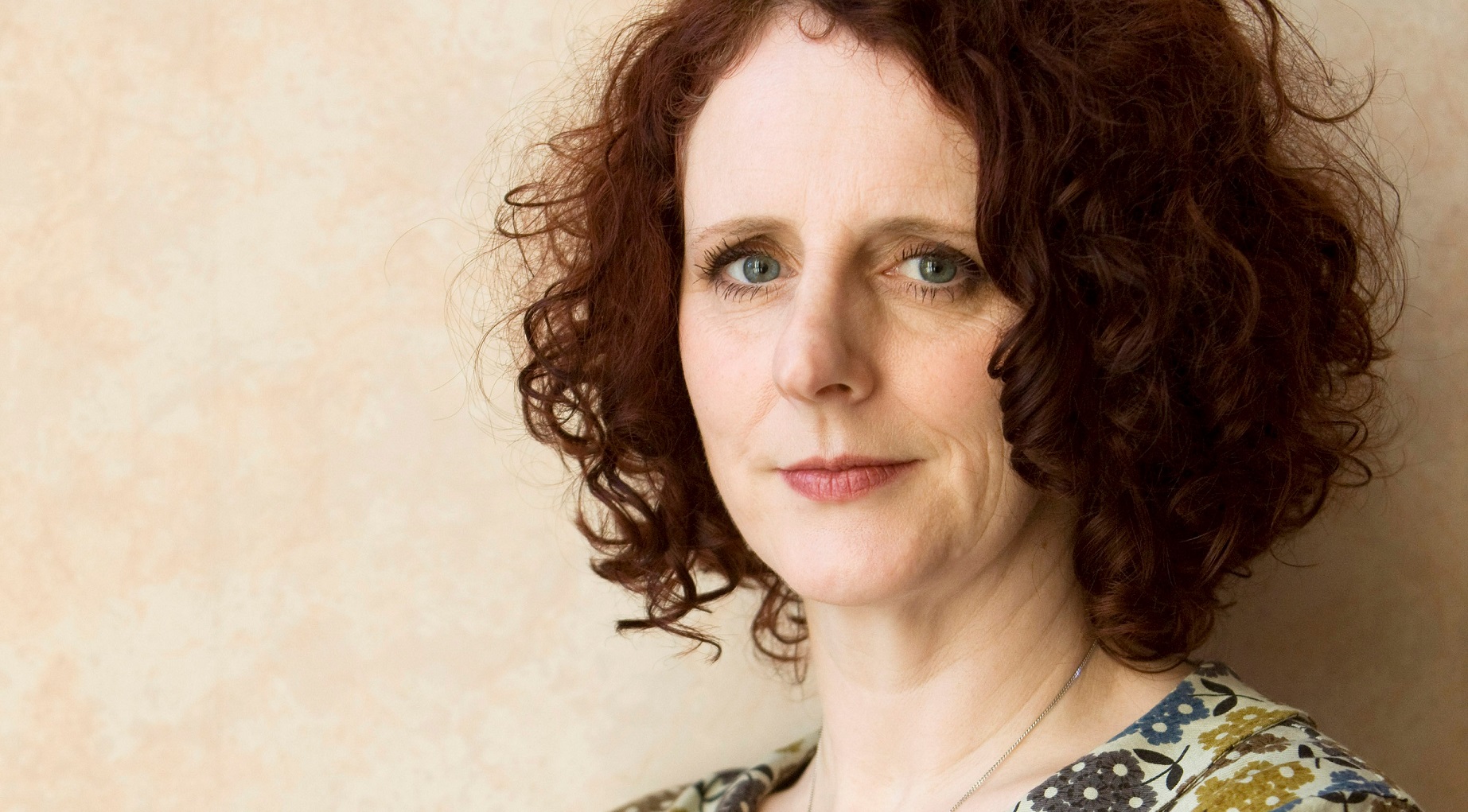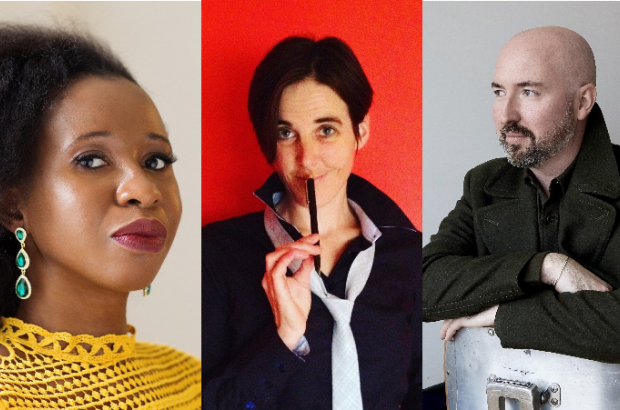- Daily & Weekly newsletters
- Buy & download The Bulletin
- Comment on our articles
Major authors from at home and abroad at Passa Porta Festival
How do you make people feel like they are attending a real festival in person rather than online? That was the challenge facing the Passa Porta Festival, which kicks off on 21 March.
A biennial hosted by the Passa Porta house of literature in Brussels, it usually takes place across the capital, inviting readers to hear both new and established voices as well as visit its landmark performance venues.
“The idea is that Passa Porta really permeates the city,” says Ilke Froyen, director of Passa Porta. “People go to different venues, experience the city, meet other readers and hear different voices, writers in different places in the city. It’s an appreciation of new ideas but also of the city itself.”
As they had no idea whether any part of the festival would be able to happen live, they planned for all eventualities. It turned out that a fully digital edition was necessary, but the venues are still booked. Writers will appear on the stage of which they were programmed, so the audience will get the feeling of attending, not just of logging in.
“We are still in seven different venues, so you have the feeling that you are entering the foyer of La Monnaie, that you are going to Bozar, that you are sitting in KVS, at Kaaitheater, at Ancienne Belgique. So this element of visiting Brussels is still part of the festival.”
Expat writers in the spotlight
Normally a festival that splits the programme between local and international authors, for this edition, Passa Porta rethought its notions of international. “We thought that there certainly will be a lot of writers who are international but who live in Belgium. So we found quite a few writers who are working here,” says Froyen. These expat authors are designated in the programme under Brussels International.
“We wanted to preserve the basics of this connection between readers and writers, that’s the core of the festival,” explains Froyen. So of the 80 writers taking part in the festival, two-thirds will be on a local stage. The tagline of the festival is thus: The author is present. This also refers to the importance of the written word in our lives over the last year, when we turned to the internet and to books to fill in the hours spent at home.
With two-thirds of the authors on stage in Brussels, that leaves one-third of the programme devoted to international authors (who do not live in Belgium), streamed in from their homes, from the UK to Japan. This results in a multilingual festival, with English, French and Dutch the major languages. Many events are subtitled in one or both of the other languages.

British-Irish novelist Maggie O’Farrell ©Murdo Macleod
Some distinctive names pop up when it comes to English events, including British-Irish novelist Maggie O’Farrell, who will speak from her garden in Edinburgh to Belgian journalist Annelies Beck. The title of the talk is Women and Power, with O’Farrell’s entire body of work reference but most especially her latest book Hamnet, which recounts the life and death of Shakespeare’s only son through the eyes of his mother.
Froyen says she’s also looking forward to seeing Douglas Stuart, the most recent winner of the prestigious Man Booker Prize for his debut novel Shuggie Bain. The British-American author will discuss the book, inspired by his early years in Glasgow living with an alcoholic mother.
“It’s just devastating how he writers about that small boy in a situation of alcoholism,” says Froyen. “In a very difficult, very touching setting as well.”
While these authors of recent, award-winning books can work to draw people to the festival, Froyer encourages visitors, once there, to delve into something new. “The festival is an invitation to discover new things. That is something that I quite like. We do the scouting to be able to present what we think is relevant today, what do we want to share with readers. Not everyone has read everything, of course, so it’s really an invitation to discover new things. It’s a way of travelling in your mind.”
Close readings
One Passa Porta event that encourages interaction is the daily lunchtime “close readings” in which a moderator reads a text, which the group then discusses. There is limited space, so participants need to register in advance.
Then every afternoon and evening are interviews and discussions but also workshops, a literary concert in co-operation with the Klara Festival and the Dead Ladies Show, a look at unrecognised and forgotten women writers, mixed with live music. Many events fall under a theme such as Brussels International, Women and Power and Lost and Found, which looks at the notion of loss both personal and collective.
On the final day of the festival, you can dial a telephone number, pick a language and get a live poetry reading. Poets on Call is another way the festival is injecting personal interactions among readers and writers.
While the Passa Porta Festival is a mix of fiction and non-fiction, this year the focus is on the latter. “We were really curious about the imagination. These are dire times, and so we were really curious to see how fiction can transport us to other realities, to other worlds. It’s an invitation to travel in the minds of writers.”
Passa Porta Festival, 21-28 March
Pictured top, l-r: Cameroonian-American author Imbolo Mbue (photo ©Kiriko Sano); Gaea Schoeters, host of the Dead Ladies Show; British-American author Douglas Stuart (photo ©Clive Smith)
















